Why Brighton’s Develop 2025 spotlighted real-life nuance over algorithmic content
Develop:Brighton 2025 stood out like a hand-painted indie title on a shelf full of procedurally generated clones. While corporate doomers muttered about the “2026 content drought” and devs traded layoff horror stories like post-apocalyptic loot, one sentiment echoed louder than the industry noise: in an AI-saturated future, what players will crave most is humanity.
This wasn’t some idealist slogan slapped on a conference slide. It was a battle cry. Developers, creators, and cultural critics gathered to push back against the growing tide of AI-generated “slop” flooding storefronts and YouTube thumbnails. And they weren’t just whining about copyright or art theft—they were rallying around a different value system, one that prioritizes intentionality, authenticity, and the lived human experience.
What Happened at Develop 2025?
For the uninitiated, Develop:Brighton is the UK’s biggest annual game developer conference—a collision of panels, networking events, and late-night beach pub debates. But this year, the tone was different. The specter of generative AI loomed over nearly every talk.
In panel after panel, industry veterans highlighted the very real risk that a flood of low-effort, AI-generated games could devalue not only indie labor, but the very concept of creative originality. Triple-A devs are bracing for a production slowdown due to COVID-era project bloat and post-layoff reshuffles, leaving the stage wide open for algorithmic content mills to fill the void.
But rather than accept that future, many speakers and studios leaned hard in the opposite direction.
Cassia Curran of Curran Games Agency put it bluntly: “In the era of AI slop, players will look for experiences that feel new and deeply human.”
And that’s not just a platitude. It’s a survival tactic.
Real-World Authenticity Checks
Take MachineGames, the studio behind the upcoming Indiana Jones and the Great Circle. When they needed authentic whip-cracking sounds for Indy’s iconic moves, they didn’t just grab some asset pack or synthesize it with AI. They flew to a remote Swedish field with an actual whip master to record the sound in natural environments. The result? Every whip crack in-game comes with a story—a bit of humanity no bot can replicate.
Or look at Shadows of Doubt, a neon-noir detective sim that adds fake TV shows, vintage radio jingles, and period-authentic posters throughout its procedurally generated world. These aren’t necessary mechanics; they’re worldbuilding flourishes rooted in culture and context. They make the simulation feel lived-in, not just programmed.
Both examples are reminders: it’s not about scale, it’s about soul.
Inclusion That Goes Beyond the Checkbox
Another major theme was representation—but not the checkbox kind that slaps a rainbow flag on a loot box during Pride month. We’re talking about real, embedded inclusion that reshapes narrative and mechanics alike.
Queer game studies researcher Lydia Cooke hosted a roundtable dissecting how games can move past tokenism to actual narrative inclusion. Games like Unpacking, Bossgame: The Final Boss Is My Heart, Monster Prom, and To a T were hailed for integrating queerness not as an add-on, but as a narrative lens.
In Unpacking, for example, you learn that the protagonist is queer not through a clumsy cutscene, but by unpacking their life—literally. It’s storytelling that respects the player’s intelligence and honors lived experience.
In a post-AI-content world, this kind of design isn’t optional. It’s a differentiator.
The Community Isn’t Buying AI Slop
Develop’25 also featured plenty of discourse about where the community actually draws the line. Sure, players love novelty, but not at the cost of meaning. Forums, subreddits, and comment threads are increasingly filled with players calling out obvious AI asset swaps and synthetic dialogue.
One panelist shared how their studio did an A/B test: one trailer used AI-generated voice lines; the other used real actors. Players didn’t just prefer the human version—they trusted it more. It felt like someone gave a damn.
Another developer joked that AI voiceovers now have a telltale “vibe,” like the uncanny valley version of Clippy trying to sound emotional. And players are noticing.
Governments Are Finally Paying Attention
For once, the suits aren’t completely behind. Nick Poole, CEO of UK trade body Ukie, noted a shift in political perception: Westminster is finally acknowledging games not just as an economic engine, but as a cultural force.
That matters when you consider that the NHS is now funding games to treat anxiety, depression, and trauma. Authentic storytelling and meaningful representation aren’t just about aesthetics—they’re public health tools. And they can’t be mass-produced.
It’s why developers are now being consulted alongside filmmakers and musicians. Games, when crafted with care, are emotional tech.
The Industry Crossroads: Slop or Substance?
Let’s not kid ourselves—generative AI isn’t going anywhere. Studios will absolutely use it to prototype levels, speed up localization, and generate filler content. But the conversation at Develop made one thing crystal clear: if that’s all you offer, you’ll be buried in a tidal wave of sameness.
The future belongs to studios that can answer this: What makes your game irreplaceable? Not in terms of tech, but in terms of truth.
Whether that means hiring cultural consultants, capturing field audio in Sweden, or just taking the time to write real dialogue that doesn’t feel like a fridge magnet poem—those efforts matter more now than ever.
Final Word: Make It Matter
We’re heading into a weird few years. Fewer big releases. More layoffs. A crowded marketplace of AI dreck.
But that also means players will be hungrier than ever for something real. A game that gets under your skin. A character that feels like someone you know. A world you want to live in, not just loot.
In that landscape, studios that chase authenticity won’t just survive. They’ll define the era.
Whether this is the beginning of a humanist renaissance or just a pause before the next hype cycle, one thing’s certain: in a sea of synthetic sameness, humanity hits different.




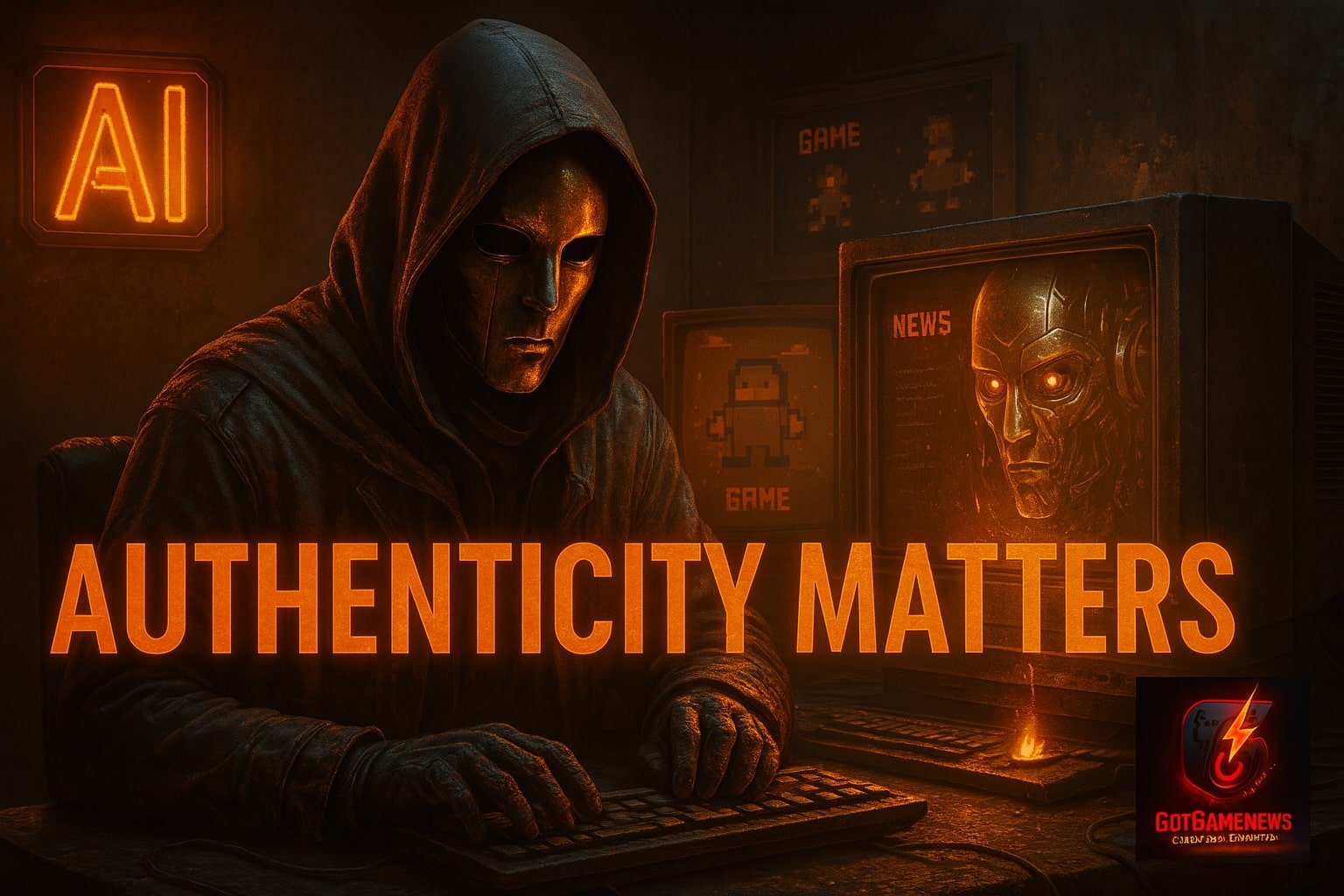


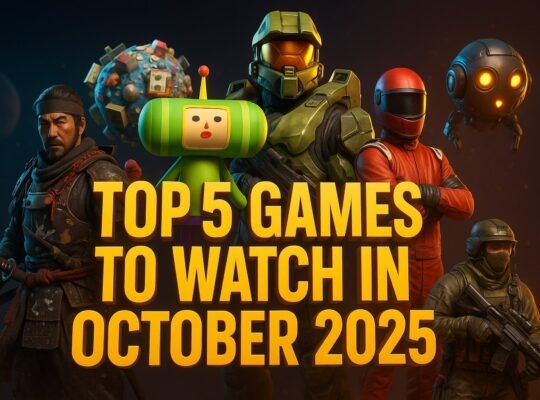
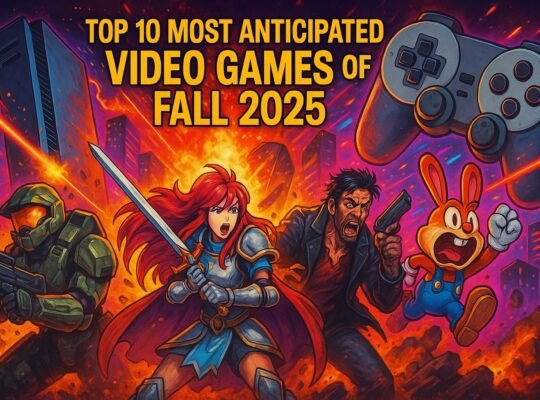


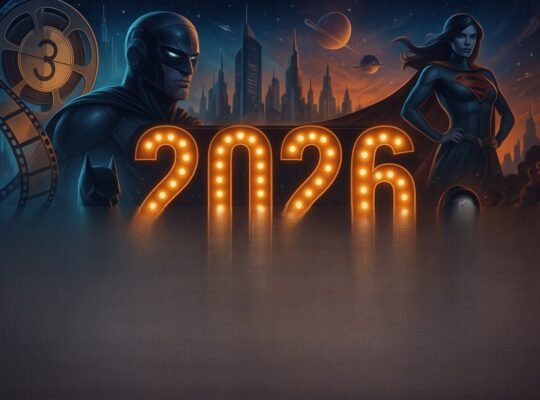


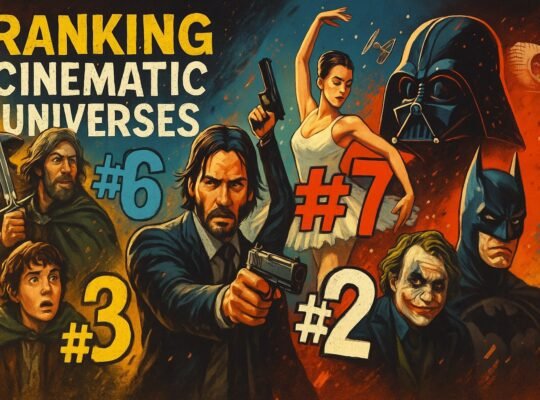

1 Comment